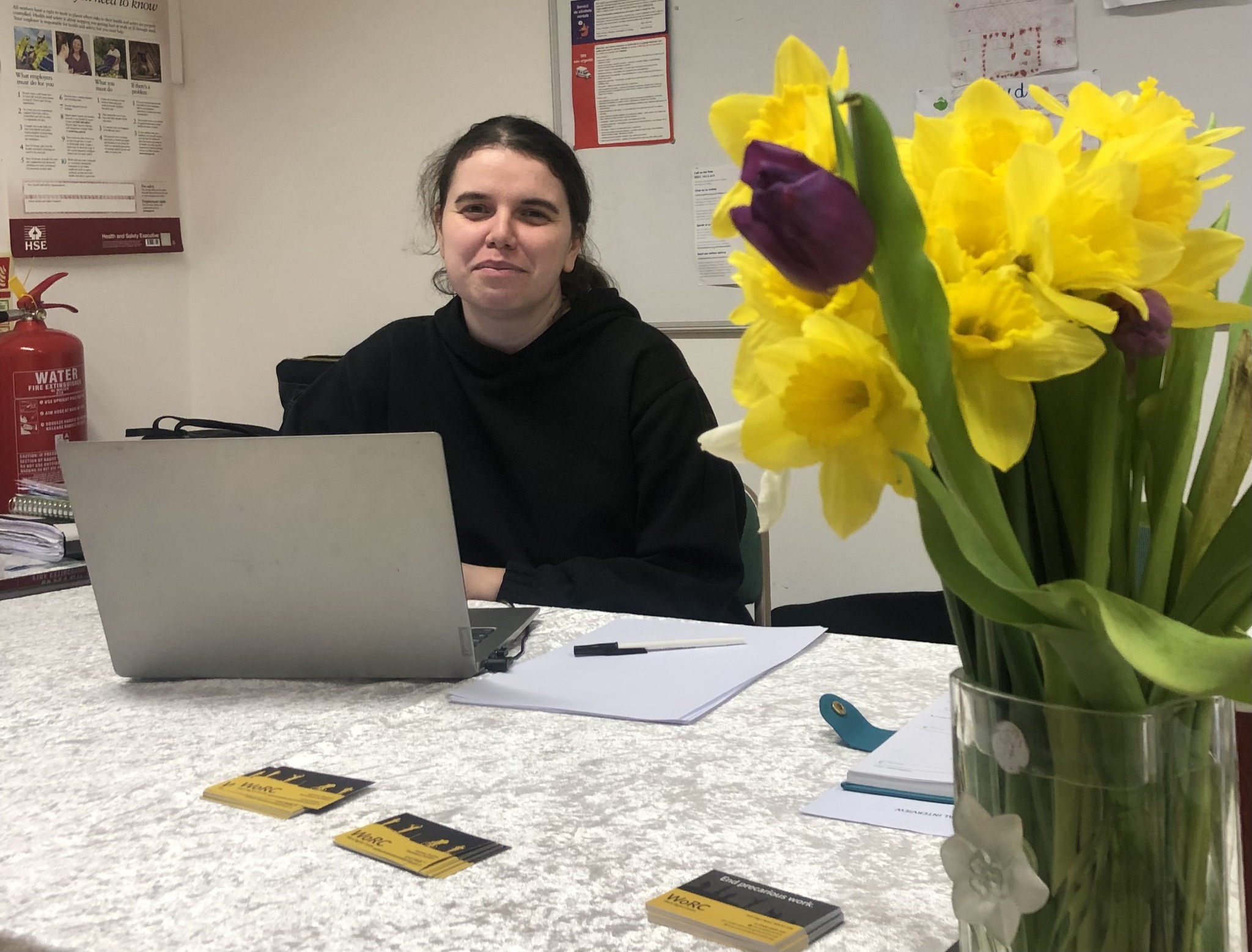Our impact
Our impact in 2025
£173K
Recovered for people exploited by their employers
481
People supported to understand and secure their immigration status
184
Frontline professionals trained in immigration and employment advice
415
People supported with one-on-one employment legal advice
185
UK media mentions raising awareness of our clients’ experiences
3
Major research reports
37
Meetings with government and other decision makers
8
Written evidence submissions calling for policy change
How we measure impact
In the broadest sense, impact is about the difference we have made in the world. We want to see that our frontline service has improved people's lives, and that our campaigns have led to a fairer system for migrants and disadvantaged workers. The rest is social science: building a good set of indicators, a robust data collection infrastructure, and a culture for attention to detail.
Measuring the impact of our frontline service
We use a sophisticated client management system (CMS) to collect and securely store data that helps us understand our clients and the outcome of our work. This includes:
- Client demographics. We ask census-style questions to capture things like gender, age, nationality, as well as questions regarding English and IT literacy, financial need and access to public funds. This enables us to understand our clients in-depth, and to ensure that we deliver on the charity’s mission to reach disadvantaged groups;
- Employment conditions. We collect data on types of contract, occupational sector, and a wide set of employment issues ranging from unlawful deductions of wages to whistleblowing, to paint a picture of our clients’ employment issues;
- Immigration status. We sensitively ask questions about our clients’ immigration status and associated issues, to understand how to best support them to secure their status and access their rights in the UK;
- Support received from our team. Here we capture the level of advice we provided. Generally, this ranges in order of complexity from signposting, to general information, and written legal advice, and depending on each area of casework, can lead to employment tribunal claims, to making applications for immigration status (or indeed to chasing or contesting them), or to supporting clients with CV building and interview preparation.
Indicators of a successful outcome
To capture the difference we have made to clients’ lives, when we close a case and complete our advice work we look at three broad sets of indicators.
-
Factual outcomes. Depending on the type of advice we provided, we want to see if people obtained remedy for their employment issue, if their immigration application was successful, or if employability cases led to training, volunteering, or jobs.
-
Soft outcomes. Knowing one’s rights can empower people to challenge injustice and fight inequity, long after they parted ways with their legal adviser. This is why we strive to help our clients to understand their entitlements, then ask them to rate their knowledge of their rights as workers, and as migrants living in the UK.
-
Satisfaction with our service. We also want to see how our clients felt about our service, if they would recommend us, and how we might improve. Their feedback constantly shapes how we deliver advice, inspires us to produce new guides for frequently asked questions, and direct our campaigns to the issues that matter most.
Limitations
Every framework that aims to capture the nuances of lived experience into a few measurable variables has some limitations. For example, because we regularly review and update our indicators in an attempt to keep up with our clients' changing needs, there are some limits to our ability to trace trends over time. Some data is also missing, and we respect clients' preference to skip some questions. If you have any questions about our data, please contact us.
Measuring the impact of our campaigns
The purpose of our campaigns is to bring about a fairer system for migrants and disadvantaged workers. While there is no off-the-shelf way to measure this, when we think about the impact of our campaigns work we generally want to see three key outcomes.
Raised awareness: decision makers have a better understanding of the issues affecting migrants and vulnerable workers, and their ability to improve them. We measure this with indicators like the number of decision makers we briefed, number of media mentions for the charity, and number of evidence submissions to Parliament.
Increased momentum: parliamentarians, the media, third sector allies and other actors beyond the Work Rights Centre begin to share our concerns and calls for reform. We measure this by monitoring the Hansard for mentions of our campaigns (in things like written questions, or debates), by keeping a log of in-depth media investigations.
Changed systems. The legislation, guidance documents, and other frameworks that contribute to precarious work and social immobility are updated, increasing protection for migrants and vulnerable workers. We measure this by monitoring updates to guidance and legislation.
Thank you ever so much for your professionalism! My special thanks go to Bethany: I could not do it without you! You are all doing fantastic work and the world needs more services and people like you!







